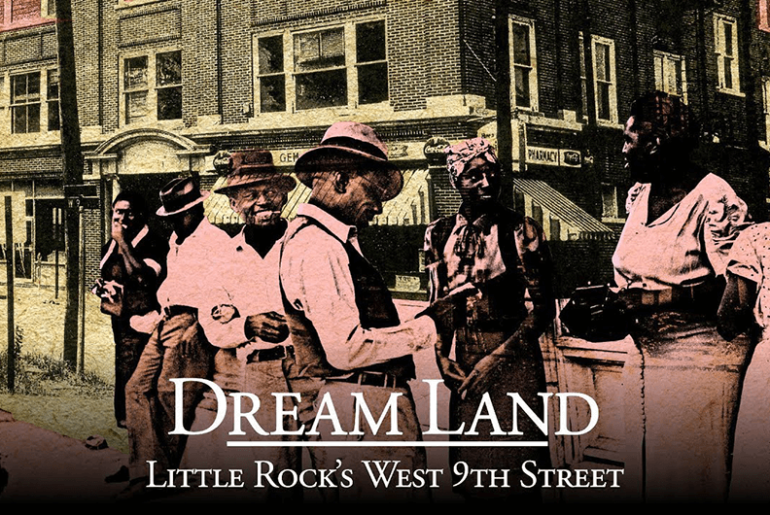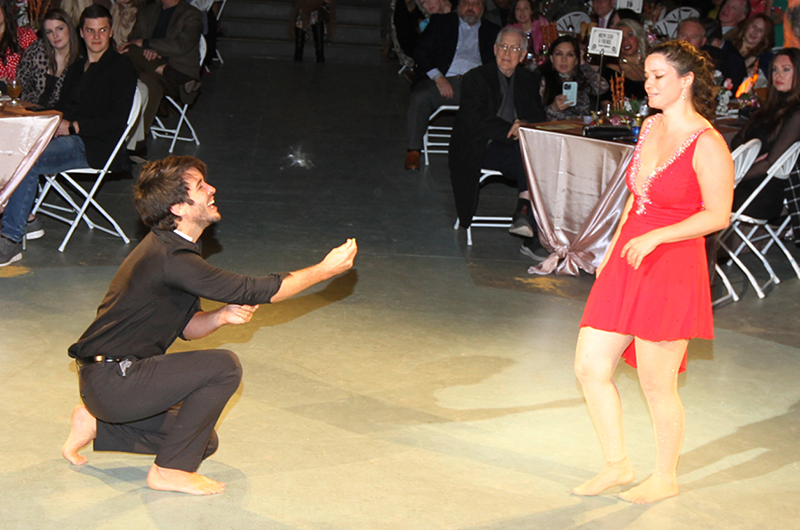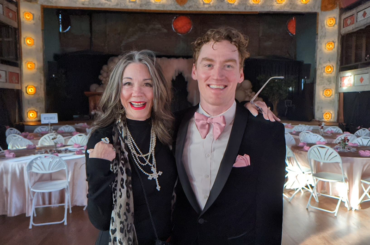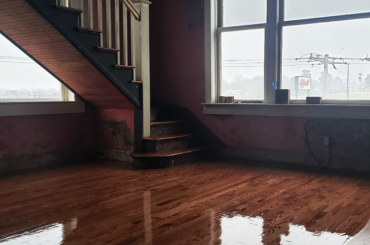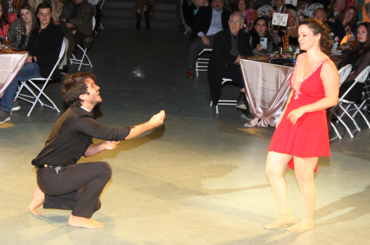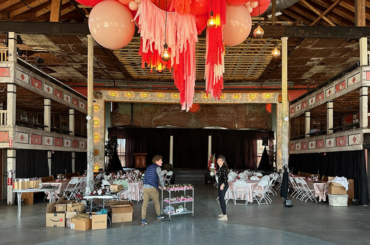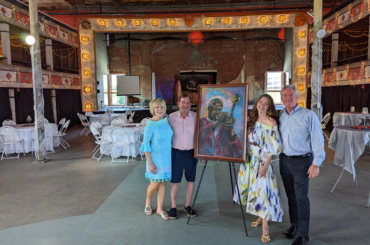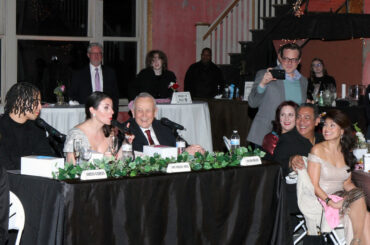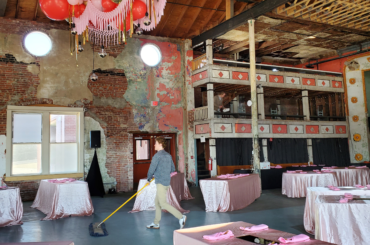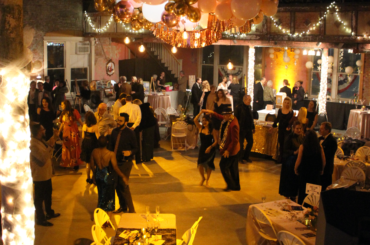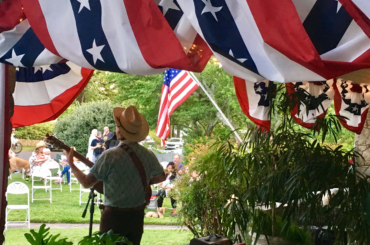Have you heard the term Harlem Renaissance when describing the prosperous lives of negros between the Civil War and Desegregation? No, me neither, until son Matthew uncovered the term. Recently, I was reeducated and reminded of this era while watching Matt’s latest video.
End of the line: A History of Little Rock’s West Ninth Street
Long ago, the “end of the line” was where the city bus stopped at the corner of Ninth Street and Broadway. This formed a natural boundary that separated Little Rock’s black and white societies and is the reason why West Ninth Street became known to the locals as “The Line” and why the first book published on it’s history was aptly titled: End of the line: A History of Little Rock’s West Ninth Street.
Discovering all this folklore happened when, in 1990, the Taborian Hall (a beautiful, old, abandoned building) called to me, beckoning me to save it. With the passion of a nesting mother, I did. Upon doing so, I discovered the rich history that lay within its walls and upon Ninth Street, where it resided.
With this knowledge came the responsibility to record the stories. Thus became a five-year commitment by me and teacher, historian, and author Ms. Berna Love to research and interview as many (still living) people who knew about my building and the life on the line as possible. The result was our book, Temple of Dreams: Taborian Hall and its Dreamland Ballroom.
Dream Land: Little Rock’s West Ninth Street
With all the video recorded, oral history collected, and a book written, Berna moved on to sharing her research with our local PBS station, who spent the next five years making the award-winning documentary, Dream Land: Little Rock’s West Ninth Street.
This February, during black history month, I’ve received many texts and emails: some from school children who watched the documentary in class, some from people as far as California who viewed it on their local PBS station.
Reading all the thank you letters is wonderful. Their thoughtfulness in writing to me is much appreciated and gratifying, affirming that all the money and time has been worth it. In a deep, spiritual way it somehow makes me now understand why the Taborian Hall picked me, an entrepreneur, with the heart of a mother and the passion of a teacher to save the building and tell the story of Dreamland and the people of the Harlem Renaissance.

